Beekeeping is a hobby that you can easily turn into a side-business no matter where you live. Keeping bees requires a relatively small monetary investment to get started and can turn a profit within a few short years.
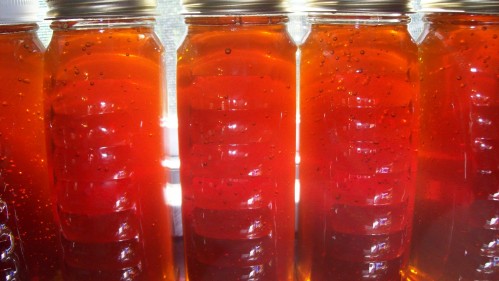
There are many non-monetary benefits to keeping bees like better garden yields, fresh honey, and a feeling of self-sufficiency.
Believe it or not, beekeeping is very relaxing. It requires a focus on the immediate surroundings and a letting go of everything else.
Getting Started with Beekeeping
Beekeepers school is a great way to learn to keep bees. Keeping bees has changed drastically in the last decade. Most local beekeeping organizations will offer a beekeepers school as do many beekeeping supply companies. This is an excellent way to connect with other beekeepers and find out the exact laws and rules for keeping bees in your area.
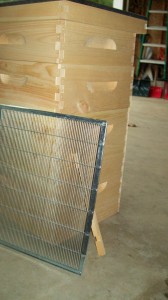
Even if you live in an urban area, most cities allow bees to be kept on your property. Check with your local health department or contact your county or city bee inspector. Every state has a bee inspector and they are an excellent resource.
Low Start-up Costs
- Many companies offer a starter kit for beekeepers that include the hive, tools, and protective gear and they can cost between $250 and $500 depending on materials and size. The kits include only one hive (that is the boxes and frames). Most experienced beekeepers recommend starting with two hives, so consider making a second hive or purchasing two hives.
- Usually the bees are sold separately and a package of bees that includes a queen and about three pounds of bees will cost around $75 – $100. Check with your supplier, not everyone can get bees through the US Postal Service, so you may have to arrange to pick them up.
Products to Sell
- Honey is the first product from the hive that comes to mind. The rich golden liquid is prized by many as the most flavorful and healthiest of sweeteners. In a good year and strong hive can produce about 100 lbs excess honey. With sugar prices rising, honey is certain to become a more important sweetener.
- Beeswax has long been prized as a candle wax, but it is also used in cosmetics including lip balm, hand cream, and soap. Wax product can be an excellent source of income.
- Pollen provides another hive product that is often over looked. Pollen is used by many consumers for allergies and has other health benefits.
- Propolis, a sticky substance bees produce and use like caulking, has many health benefits including antiviral and anti-fungal properties.
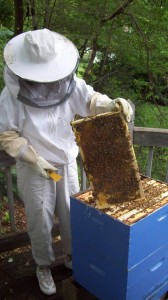
Services to Sell
Small farms and orchards need bees to pollinate their plants. Some beekeepers, even those with a modest number of hives, rent the hives to pollinate. This requires more equipment as you will need to be able to transport the hives to the various locations. Work out a contract in writing before agreeing to pollination work.
Other Benefits of Beekeeping
If you are a small farmer or garden, having bees will improve the yield of most every kind of crop. Many crops such as apples, squash, berries, and beans rely on pollinators like honeybees to set their fruit. It is important to remember that honeybees are insects so you will need to reduce or better yet eliminate the use of pesticides on your crops.
Neighbors
Your neighbors will be impacted by your beekeeping. Generally this will be better yields in their gardens and more fruit on their trees. Remember to keep up the old beekeeping tradition of giving your first jars of honey to your neighbors every year. This helps to keep relations sweet.
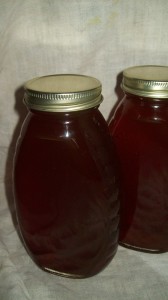
If your neighbors complain, listen carefully. Many times this can be a moment to educate others on the importance of bees. Sometimes they have a complaint that is really about wasps or insects other than bees. Help if you can. If it really is about your bees and the problem is serious, enlist the support of your state bee inspector. They can be a valuable ally when confronted by unhappy neighbors.
Before You Start with Beekeping
- Make sure you have enough time in your schedule to take care of the bees. The time commitment is much less as you become more experienced, but at the beginning you will need to be spending a fair amount of time in the hives and learning about bees to be successful.
- Check with your local health department to find out if there are any restrictions on numbers or locations of your hives.
- Go to beekeepers school. Check with your local beekeeping organization for locations and times. Generally they are offered for a nominal fee or free.
- Talk to experienced beekeepers in your area. They are a wealth of information, knowledge and often mentor newbees (a.k.a., new beekeepers).
- Join your local beekeeper organization. This is the very best way to stay informed about any changes in regulations regard the bees or selling products. Networking is a important part of community building.
Beekeeping Resources
Always check to see if there is a beekeeping supply company local to you. Build a relationship with these people and they will take great care of you.
If you cannot find a local company, there are a number of supply companies online. Some offer webinars to newbees as well.
My Beekeeping Story
I have been keeping bees for about four years now. I have three hives of Italian queened hives. Don’t worry if that doesn’t mean anything yet, it will! I have won awards for my honey and beekeeping skills and like all hobbies, what you get out of it depends a lot on what you put in to it.
Keep up with my bees and beekeeping adventures here.
All images copyright Michele B. Decoteau


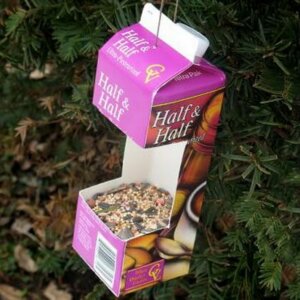
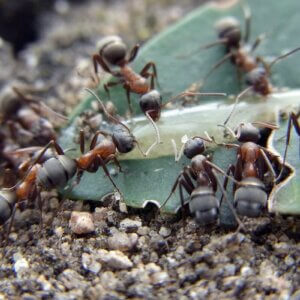
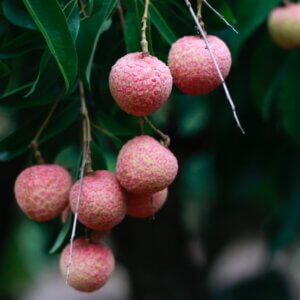
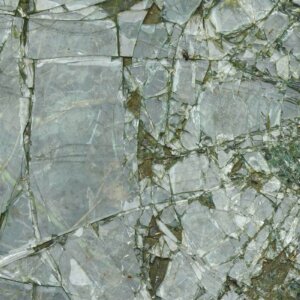
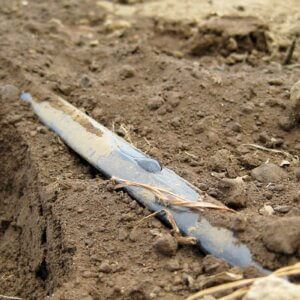

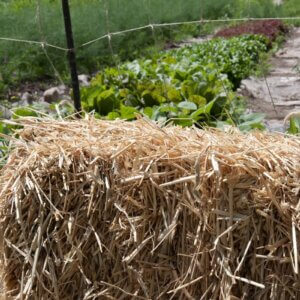

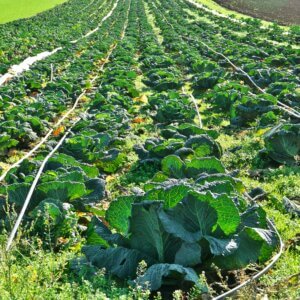
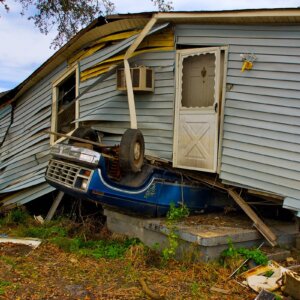

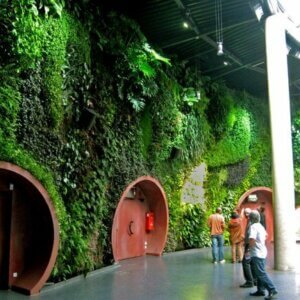
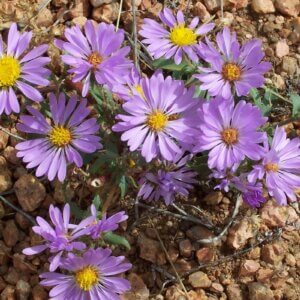


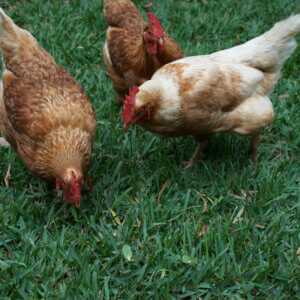
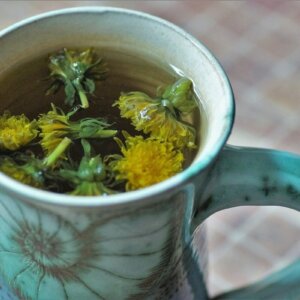
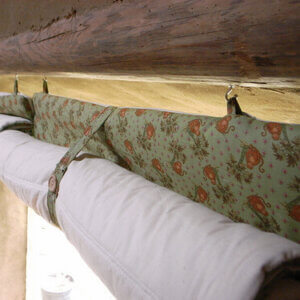
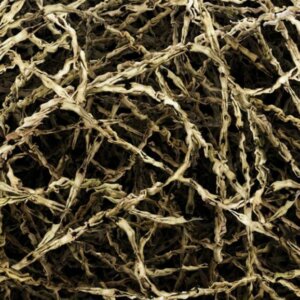
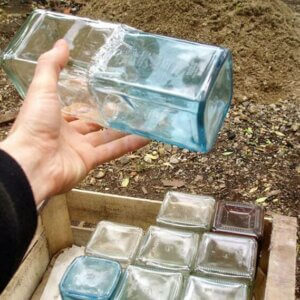

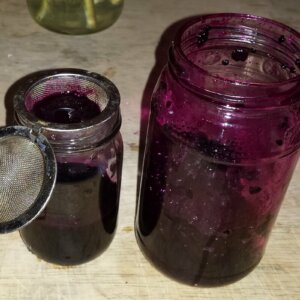

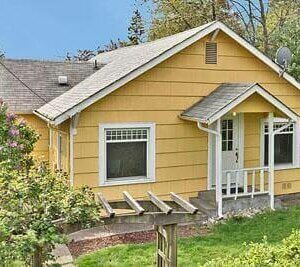
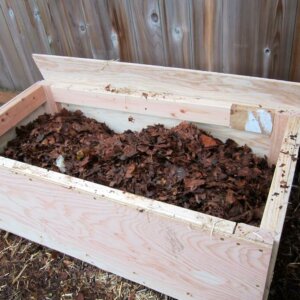
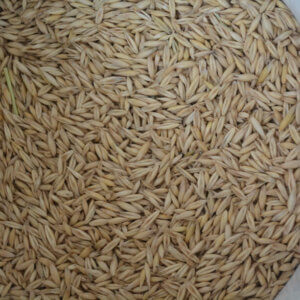
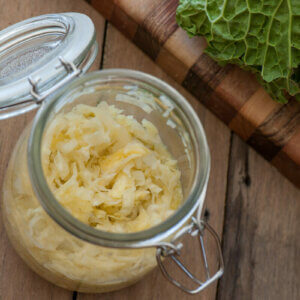
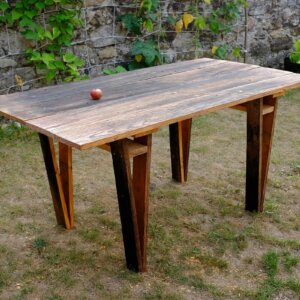

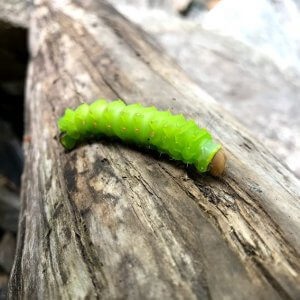
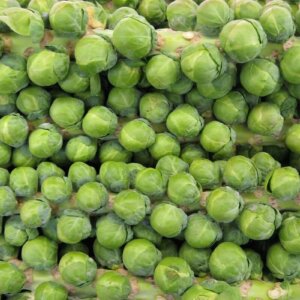
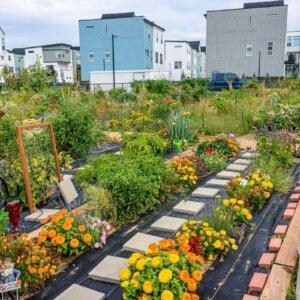

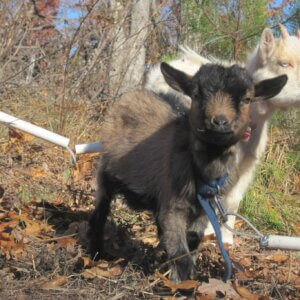


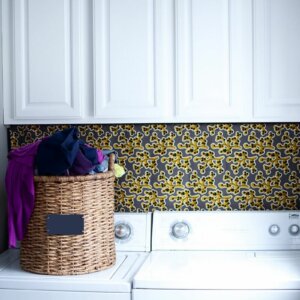
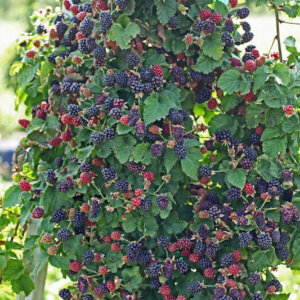
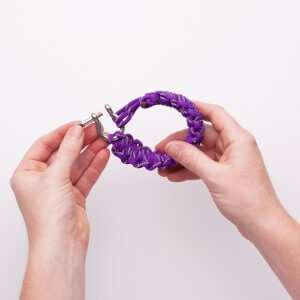
Great, clear information! I’ve always wondered what was involved in starting a bee colony.
I got small experiance about beekeeping,but want to learn more about bees and meekeeping
Beekeeping can be very rewarding. There are a number of books available in the UK on beekeeping. I would looking up Claire Waring’s books. She’s a gifted beekeeper, writer and takes great photos.
I think beekeeping can be very rewarding not only financially but on a personal basis. Keeping bees and looking after them properly can be a great experience and pastime. The honey you collect, the looking after the bees is really great.
If you are looking to start beekeeping then contact your local beekeepers assosiations for the best advice and tips on what you will need to get started.